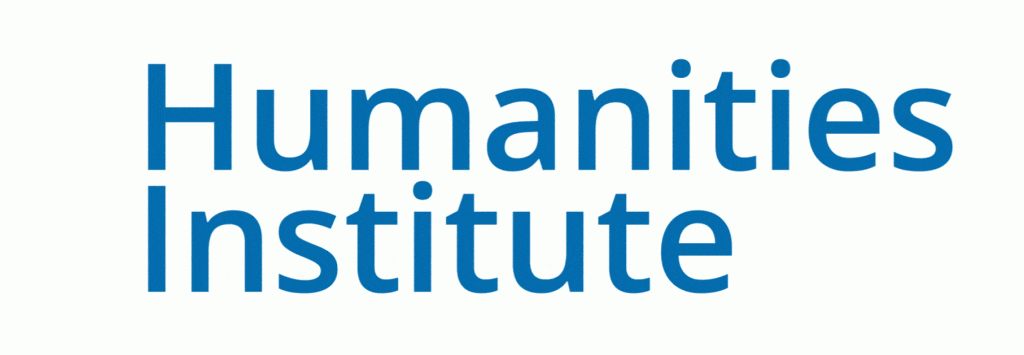
Our Latest Episode
Teaching Humanity: The Social Value of Higher Education
Higher education is central to a democracy. Yet political forces around the world and throughout history have attacked universities. In the latest episode of HumIn Focus, our scholars discuss why education matters to a free society and why the humanities are central to their social value.
Episode 9 premiered on Thursday, October 24 at 9:00 p.m.
Previous Episodes
To Be Indigenous: Learning with Native Peoples
What is it to be indigenous? Why do the perspectives and claims of native peoples merit unique attention and why is it so tragic that such perspectives have been lost or suppressed? In this episode we focus on the history of native peoples in America and South Africa and look at both the complexities and the importance of that status. What forces threatened to erase indigenous cultures and their understanding of the world? What would a world that seeks to include indigenous perspectives and knowledges look like?
Episode 8 premiered on Thursday, February 22 at 9:00 p.m.
Getting to Know AI: Are We Asking the Wrong Questions?
A.I. has emerged as a force in culture today with the power to do immense good and immense harm. Journalists and other commentators have focused on the technological glitz of these new mechanisms and foregrounded the perspectives of their creators and their cheerleaders. In this episode we ask a different set of questions about how A.I. is already at work in our everyday life and what responsible deliberation about the potentials of these tools would look like. While engineers and entrepreneurs have often been driven to achieve greater speed and efficiency, our humanities focus asks about the implications of A.I. and what offloading tasks once done by human beings might mean for virtue, ethics and the good life.
Humanity at the Crossroads: Stories of Diversity in a Tribalized World
At a time when anxiety about diversity is driving cultural polarization all around the world, episode 6 of HumIn Focus, “Humanity at the Crossroads: Stories of Diversity in a Tribalized World,” tells the story of four instances in history where cultures tried to renegotiate established ethnic identities to forge something new. Whether in Chinatown in early twentieth Century San Francisco, Jerusalem during the Ottoman Empire, Iran’s Jewish community on the eve of the revolution or on the creolized Island of Mauritius, each case dramatizes the challenges of moving beyond tribalism through cooperation and building new communities grounded in mutual understanding.
Humanity Behind Bars: Incarceration in America
What is the purpose of prisons in America? Has mass incarceration in this country made society better in any way? What happens when we look at incarcerated people as true human beings? Humanities scholars and legal experts from the PSU community explain how we got here and what measures can and are being undertaken to improve the carceral system in this country. We also hear the voices of those behind bars whose lives are shaped by that system.
Rethinking Care: Health Humanities and the Pandemic
The COVID 19 pandemic has provided a stress test for the American healthcare system. In “Rethinking Care” we view healthcare through the lens of the humanities, focusing on ways to repair some of the inequities of the system and to provide better care for healthcare workers and patients alike.
Who Counts: The Complexities of Democracy in America
The history of struggles for representation and recognition in America is the subject of episode 3, “Who Counts: The Complexities of Democracy in America.” Humanities scholars explore the ongoing quest to achieve the promise of American democracy despite the past, present, and future obstacles to equality and social justice.
Making Home: Migration, Mobility, Hospitality
Amid controversies over immigration in the U.S., Penn State humanities scholars review the history of American immigration policies as well as the broader patterns of mobility and borders through the ages and around the globe.
You Must Remember This: Monuments and Public Memory
Focusing on the removal of Confederate monuments around the U.S., Penn State humanities scholars reflect more generally on the role that monumentalization plays in the construction of public memory.